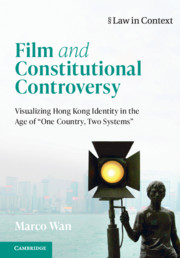Cultural appropriation is often defined as the ‘taking of intellectual property, cultural expressions or artefacts, history, and ways of knowledge’. Despite this apparent link to intellectual property, legal issues are only rarely mentioned in the current debate. Thus, to start with, this paper aims to fill this gap in identifying the possible bases in existing laws that may, at least in principle, justify claims of unlawful behaviour. As far as ethical considerations are concerned, the paper then notes a deep divide between those who fully endorse the notion of cultural appropriation and those who are resolutely opposed to it. This paper aims to give fair consideration to both sides of the argument, suggesting three categories of potentially unethical conduct. On this basis, the paper finally revisits possible legal responses from a normative perspective.
